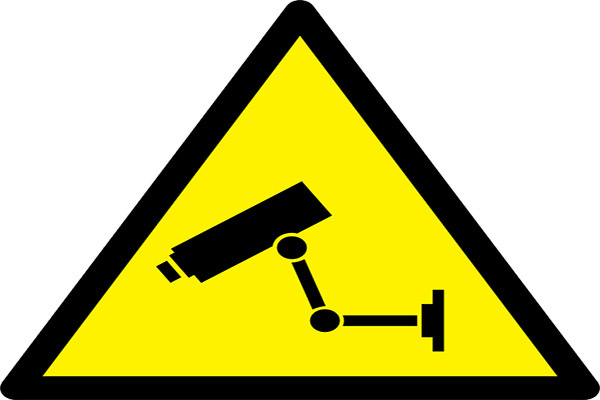Law enforcement officials in suburban Louisiana are backing a new distributed surveillance program which some say represents a creepy invasion of privacy by the government.
The Saint Bernard Parish Sheriff Office, in Chalmette, Louisiana recently joined the Project NOLA system, which bills itself as a free, citizen-designed nonprofit camera system for area law enforcement and surveillance. Project NOLA boasts it “is the world’s most cost efficient city-wide crime camera system.”
First introduced in 2010, Project NOLA relies on residents, businesses, and private property owners “who may wish to participate by either hosting a Project NOLA HD crime camera or allowing Project NOLA access to existing outdoor cameras.”
The program’s website states Project NOLA operates as a tax-exempt nonprofit organization organized and operated exclusively for charitable purposes. The organization’s stated purpose is to “help decrease crime by dramatically increasing the efficiency of the New Orleans Police Department.”
High-definition camera footage collected by participating citizens is relayed to local law enforcement, primarily for use in police investigations.
Although the idea of helping law enforcement officers investigate criminal activity appeals to some area residents, others have reservations about serving as a sentry for local police.
“I’m all for it if it’s all for the good, but things do get abused,” Mereaux resident Christian Delosryes told reporters from WVUE-TV 8 .
Nothing to See Here
Parish Sheriff Jimmy Pohlmann has reassured those with privacy concerns their worries are unfounded.
“We’re not gonna sit there and monitor it unless something happens in that area or we have reports of suspicious activity going on in that area,” he told WAFB-TV 9 reporters. Explaining the surveillance grid, Pohlmann said, “all you have to do is, you can go to a map and click on an icon for that camera in that area and pull up that camera and it’ll give us a live feed from that area.”
In July 2014, Project NOLA celebrated the installation of a thousand crime cameras across the region, but that success is not without cost to area residents.
Project NOLA originally paid for the installation and operation of the first thousand cameras, but new participants have to pay for the privilege of providing surveillance services for the government.
Some homeowners and business owners, however, are willing to foot the cost of participating in the distributed government surveillance program, including local bar owner Pauline Patterson.
“We know they have a lot of problems in this area, and the crime cameras have been completely instrumental in catching and stopping the crime in this area,” Patterson explained to the New Orleans Times-Picayune.
Potential for Misuse Cited
Privacy experts, however, take a dim view of the initiative.
“It is important to have strong regulations against misuse or abuse of the systems and a redress program for the public to complain about any abuse,” said Melissa Ngo, a nationally recognized privacy and information-policy consultant. “People have heard of the police officer who used surveillance cameras to zoom in on women’s breasts and buttocks at the San Francisco airport, and the New York police officers who used high-powered surveillance cameras to spy on a couple’s romantic activity.”
Ngo also questioned the program’s efficiency, noting, “studies have found it is far more effective to spend limited law enforcement resources on adding more police officers to a community and improving street lighting in high-crime areas.”
In addition to its efforts to provide the government with a broad network of stationary camera feeds across the city and surrounding neighborhoods, Project NOLA also offers law enforcement officers subscriptions to a mobile service it calls “i-Report,” in which citizens use their smartphones to provide police with mobile, live video feeds of their surroundings.
Stacey Matthews ([email protected] ) writes from Charlotte, North Carolina.

